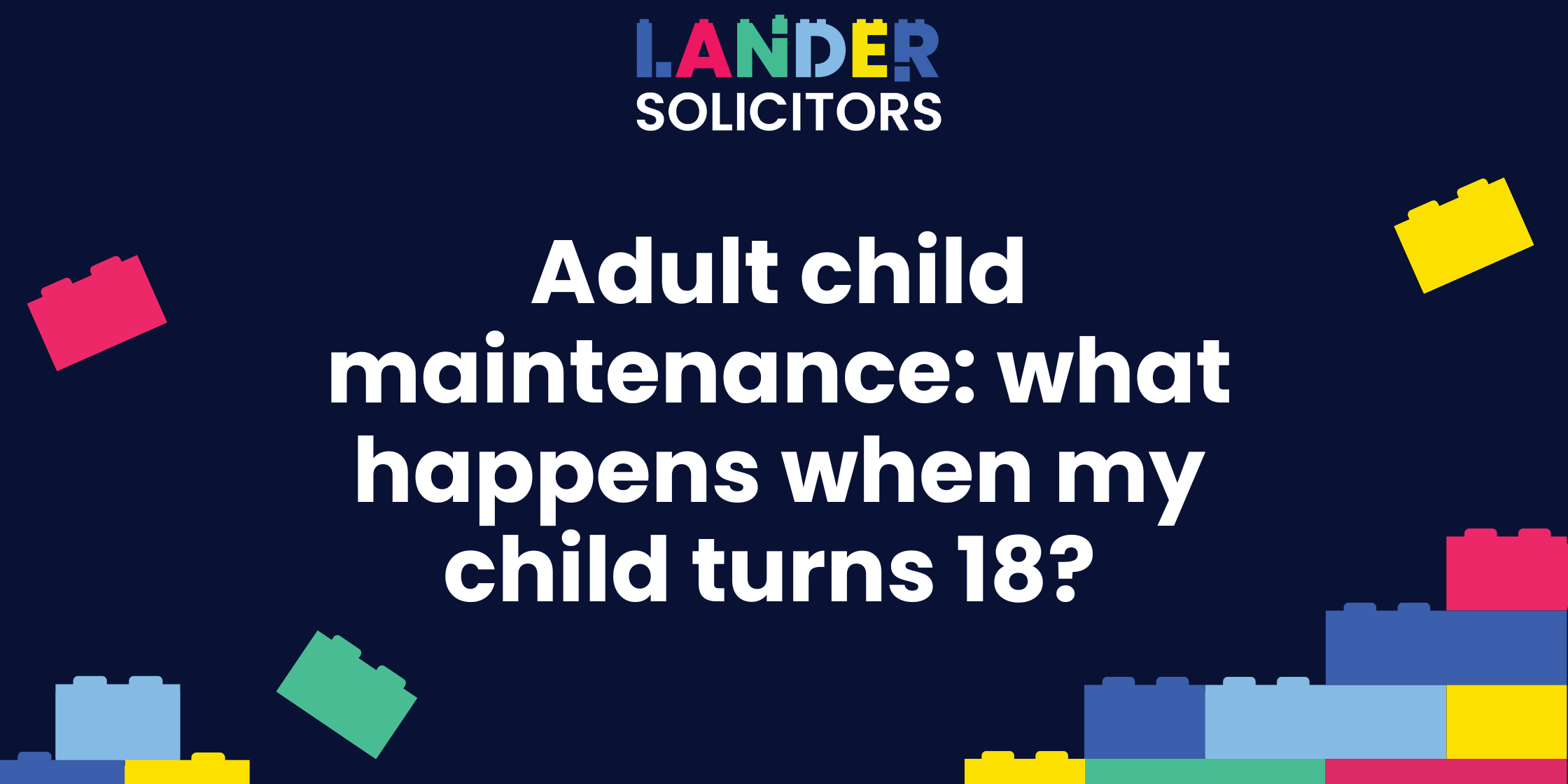With a child turning 18, many parents have questions about what happens next with child support. Does it automatically end? What if they’re still studying or need additional support? Here’s a guide to help you understand what happens to child support when your child becomes an adult and when additional support may be needed.
Does child support automatically end when my child turns 18?
In most cases, yes. When a child turns 18, a parent no longer has to pay child support if it was decided through an administrative assessment when the agreement was initially set up. However, there’s an exception: if your child is still in secondary school when they turn 18, the payee can ask Services Australia – Child Support to extend the assessment until the end of the child’s final school year.
Applying for an extension request is straightforward. It can be done by phone but must be made before your child turns 18 to qualify.
What happens after the child support assessment ends?
Once the child support assessment ends, financial support doesn’t always stop. Under the Family Law Act 1975 (Cth), a court may order additional support (called “adult child maintenance”) in two specific situations:
If the child needs financial support to complete their education – this can include TAFE, university courses, apprenticeships, and other vocational training.
If the child has a mental or physical disability – support can continue to assist with necessary expenses related to their disability.
Generally, parents aren’t obligated to support adult children through postgraduate degrees unless both parties agree.
How Is adult child maintenance arranged?
To set up a legally binding arrangement for adult child maintenance, you’ll need a court order specifying the amount and duration of support. Here’s how the process works:
-
- Seeking agreement first: Ideally, parents, their lawyers, and the adult child try to reach an agreement on the amount of support. This can be done through direct negotiation or mediation.
-
- Filing Minutes of Consent Order: If both parties agree, they can file Minutes of Consent Order with the court, which the judge will review and potentially approve.
-
- If there’s no agreement outside of court, a formal court application is necessary and the judge will decide on an amount to be paid. This involves both parties sharing relevant financial documents (a process called “disclosure”) and preparing for a court hearing if needed.
What does the judge consider in adult child maintenance cases?
If the case goes to court, the judge looks at several factors to decide the appropriate level of maintenance:
-
- Necessary expenses of the child: This includes contributions to living expenses, books, and study equipment (HELP-HECS payments don’t qualify as necessary expenses). For children with special needs, disability-related expenses are also considered.
-
- Child’s own contribution: There’s an expectation that adult children will contribute to their own support if they’re able. Working part-time is generally expected if they can, though disabilities may affect their ability to work, and medical evidence may be required to prove it.
-
- Parent’s capacity to support: The judge assesses each parent’s income, expenses, financial resources, and earning capacity to determine what each can reasonably contribute.
How long does the process take, and are there risks?
A maintenance case that goes to trial can take six months or more to reach a conclusion, and an order for maintenance may not be backdated. It’s also essential to consider the potential costs; if the application isn’t successful, the court may issue a costs order, requiring one party to cover some of the other’s legal expenses.
Contact Lander Solicitors Queensland for more guidance on adult child maintenance
Getting legal advice before applying for adult child maintenance can help you understand your options, possible outcomes, and risks. So, if you have more questions about child support and adult child maintenance, don’t hesitate to reach out. At Lander Solicitors Queensland, we’re here to help you navigate these transitions and make sure you’re prepared for the road ahead.
DISCLAIMER – The information provided in this blog is general and does not consider your individual legal needs or objectives. It does not constitute personal advice and is for informational purposes only. We recommend seeking out professional and independent legal advice from a qualified Australian lawyer to advise on your individual situation before acting on any information contained below. Lander Solicitors Queensland accepts no express or implied liability for negligence or contractually for reliance on any information provided. Liability limited by a scheme approved under Professional Standards Legislation.

